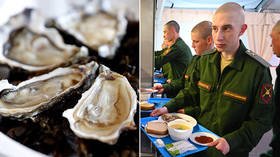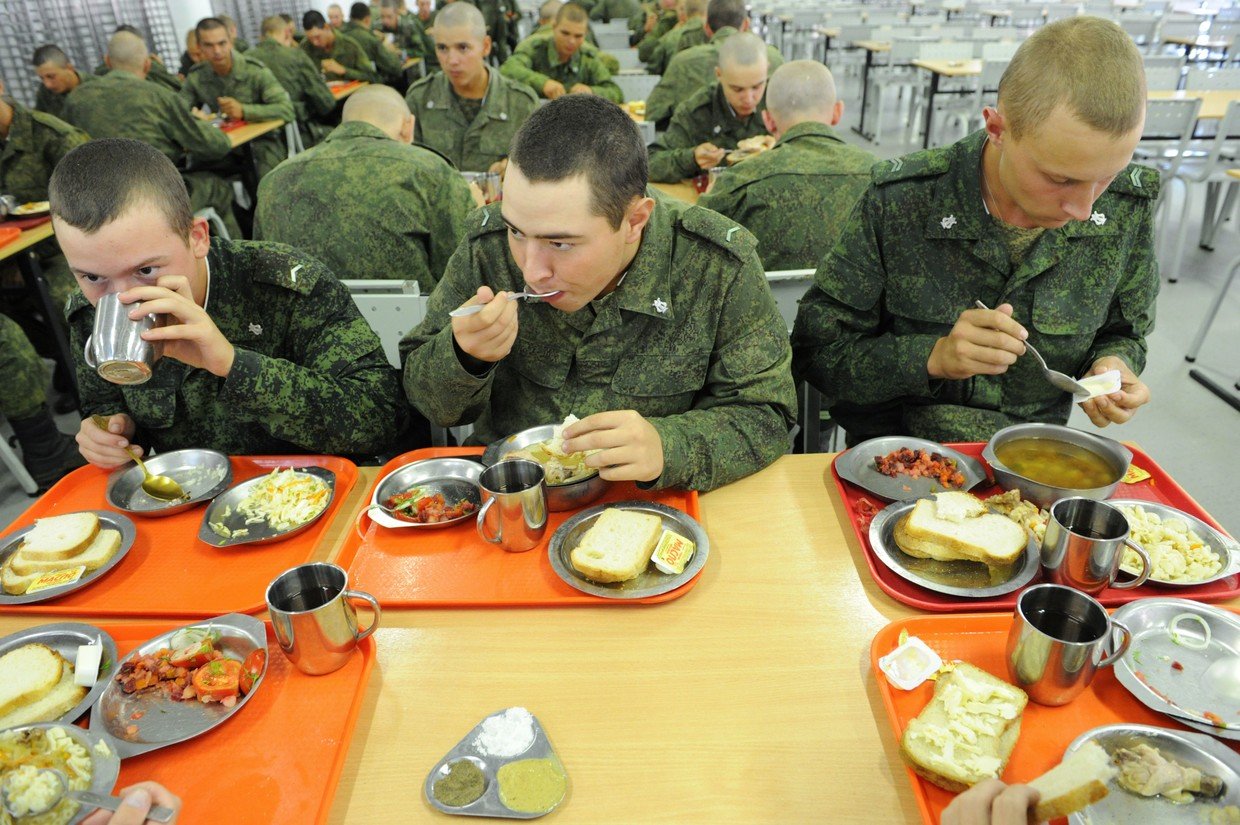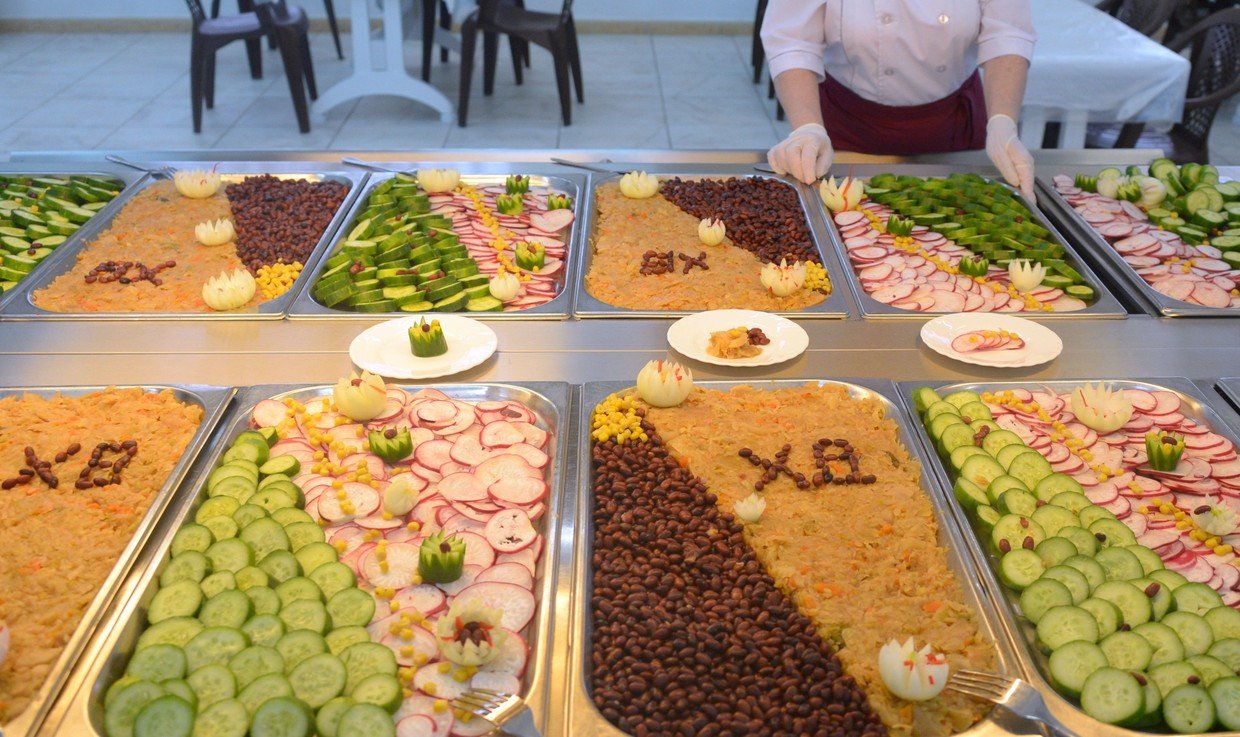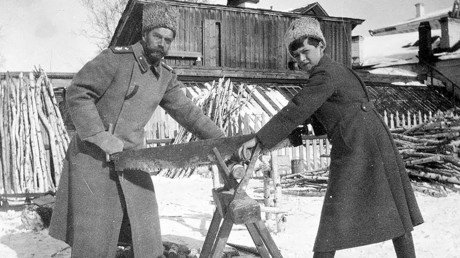We don’t serve oysters yet, but Russian troops are very well-fed – deputy DM

The energy value of a base ration for a Russian soldier is “the highest,” reaching 4,200 kcal per day, Dmitry Bulgakov, a high ranking Defense Ministry official revealed.
It’s really a lot, with the World Health Organization saying that 2,500 kcal is enough for an average person to remain productive.
The reform of the nutritional system even saw the military giving up on canned meat, known as ‘tushonka,’ and other preserves, which have been the core of soldier’s ration for decades, Deputy Defense Minister Dmitry Bulgakov said. “They can now only be encountered in civilian life.”

The troops must receive diverse meals, he stressed, explaining: “I like buckwheat, but after three days anyone will get tired of it. The same can be said about any product – be it potatoes or oysters.”
When asked if oysters were really served to the Russian soldiers, Bulgakov replied: “We haven’t gotten to it. Oysters aren’t included in the allowance due to being a perishable product.”
However, he pointed out that individual rations currently exist in seven varieties – one for each day of the week. “The food that the servicemen receive depends on their physical load. The pilots receive one type of meal; the submariners get another, while it’s totally different for Special Forces troops on a mission in the mountains.”

In the first decades after the fall of the Soviet Union, the food supply of the Russian military was often a source of controversy. The lack of funding led to the troops in some units being mainly fed with grains and tushonka. The products weren’t always of the best quality, resulting in reports of mass food poisonings. In many cases, the soldiers were left with no choice but to obtain food themselves.
Also on rt.com Putin inspects MiG-31 jet with hypersonic Kinzhal missile ahead of talks with Pompeo (VIDEO)Think your friends would be interested? Share this story!














